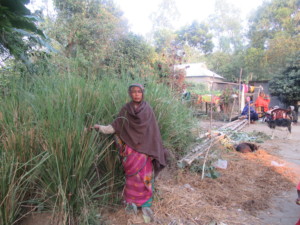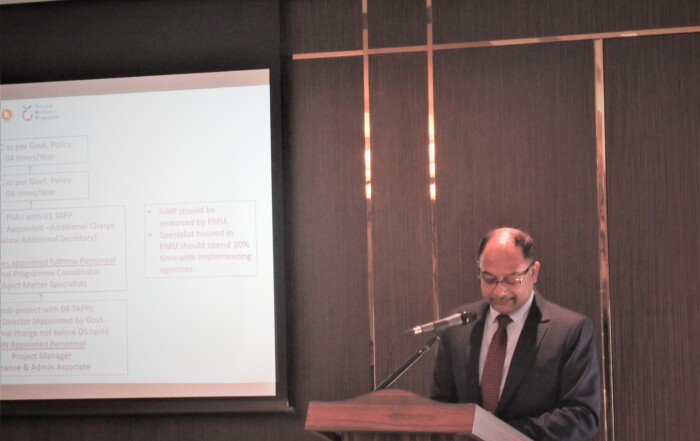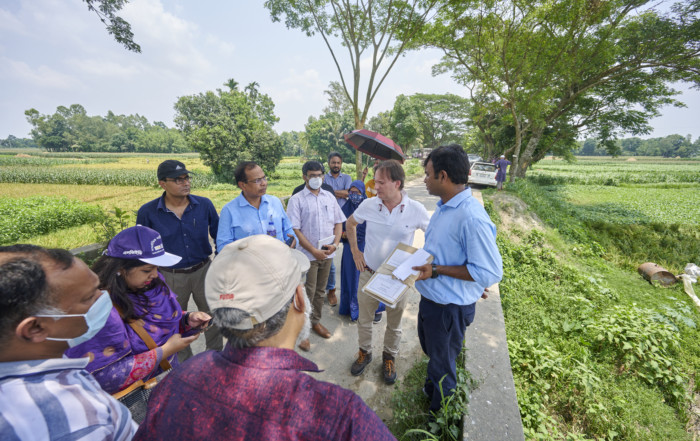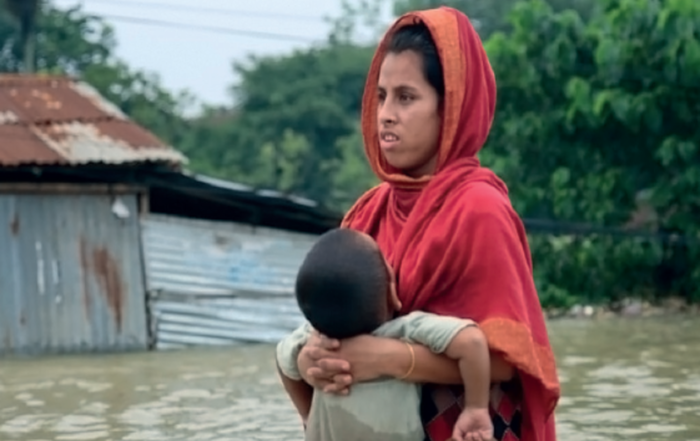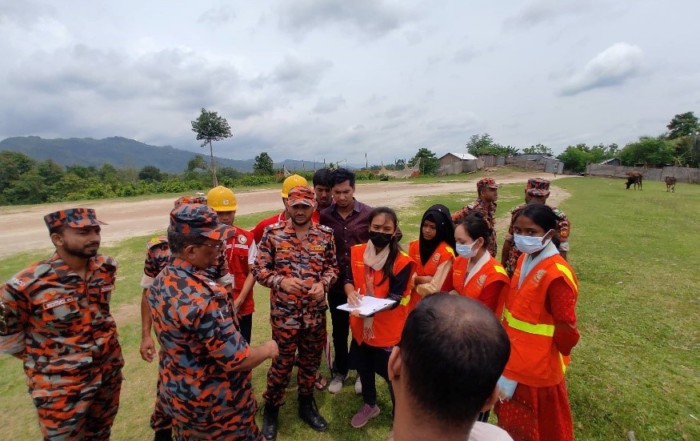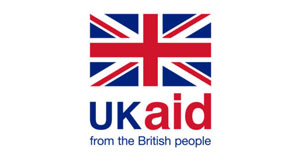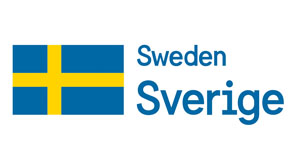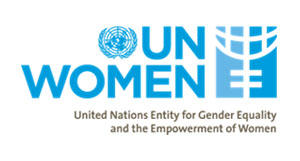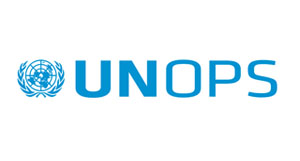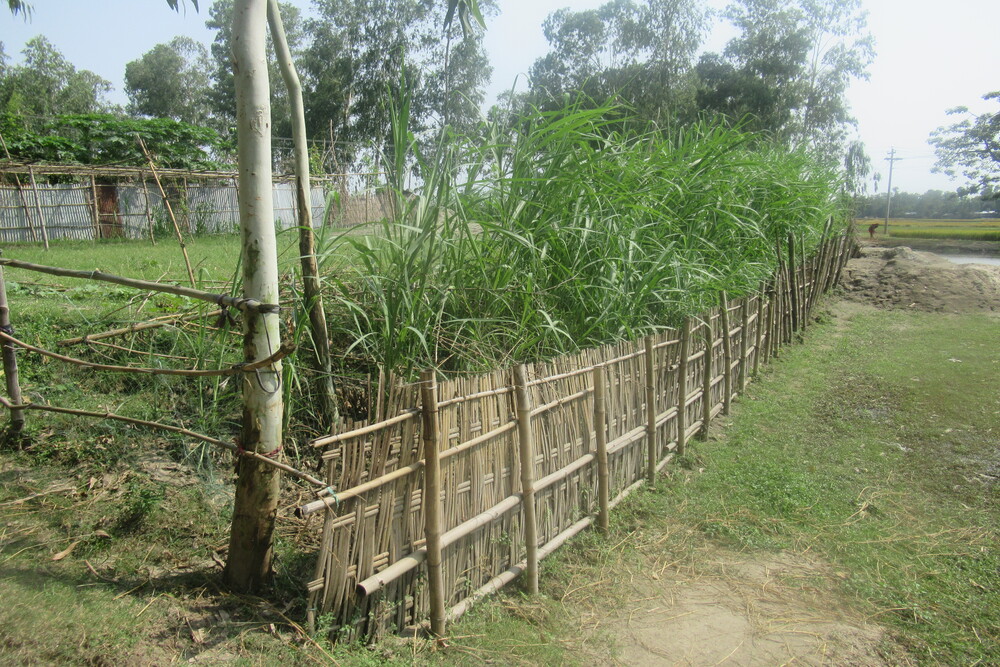
The social safety net in Bangladesh has been recognized as a critical strategy to reduce poverty, build resilience, and enable development. Country facing recurrent disasters, access to regular social safety net supports can protect the poor and vulnerable households from the impacts of shocks, including erosion of productive assets, and can minimize negative coping. Ministry of Disaster Management (MoDMR) is being implemented the Employment Generation Program for the Poorest (EGPP) programme which means “employment to manual workers during the lean season over two cycles of 80 days’ work is done for the rural infrastructure”. The NRP DDM initiated piloting in DRRiSSN within the EGPP for building resilience by introducing disaster risked informed schemes of plantation of trees and vetiver grasses in Chilmari Upazila and Islampur Upazila of Kurigram and Jamalpur Districts. The plantation of trees and grasses protects EGPP schemes from washed out and flooding. Especially, the vetiver grass. Vetiver grass can also be used for other purposes poor people can earn money utilizing vetiver grass.
“When heavy rainfall started during the rainy season a hedge of grass (Vetiver) blocked the movement of soil and protected soil erosion”. Lutfa interpreted the advantages of the vetiver”
Said Ms. Lutfa Bewoa (65), a widower who has established a vetiver nursery on her small piece of land at Kulkandi (Dakshin Moddopara) in Islampur Upazila for the last three years.
